In the ever-evolving world of SEO, staying ahead of the game is essential. With search engines becoming increasingly sophisticated, it’s crucial to move beyond traditional keyword-centric strategies and embrace the art of semantic SEO. Semantic SEO is not just about keywords; it’s about understanding and optimizing for the context and intent behind those keywords. In this blog, we’ll explore the concept of semantic SEO, its importance, and how it can improve content relevance and boost your search engine rankings.
The Evolution of Search Engines
Search engines have come a long way since the early days of the internet. They’ve shifted from merely matching keywords to delivering more accurate, context-aware results. This shift is driven by the need to provide users with the best possible answers to their queries.
Google, for instance, has adopted various algorithms, like RankBrain, that use artificial intelligence to understand the meaning behind words. It now takes into account user intent and the context of a search query to offer more relevant results. This evolution in search engines has made semantic SEO a necessity.
What Is Semantic SEO?
Semantic SEO is an advanced search engine optimization technique that focuses on the meaning of words, phrases, and the context in which they are used. It’s about understanding user intent and providing content that best matches that intent.
Semantic SEO takes into account the following key elements:
1.Latent Semantic Indexing (LSI) Keywords
LSI keywords are semantically related words and phrases that help search engines understand the content’s context. They’re not just synonyms but words that are often used together. For instance, in an article about “coffee,” LSI keywords might include “brewing,” “beans,” and “caffeine content.”
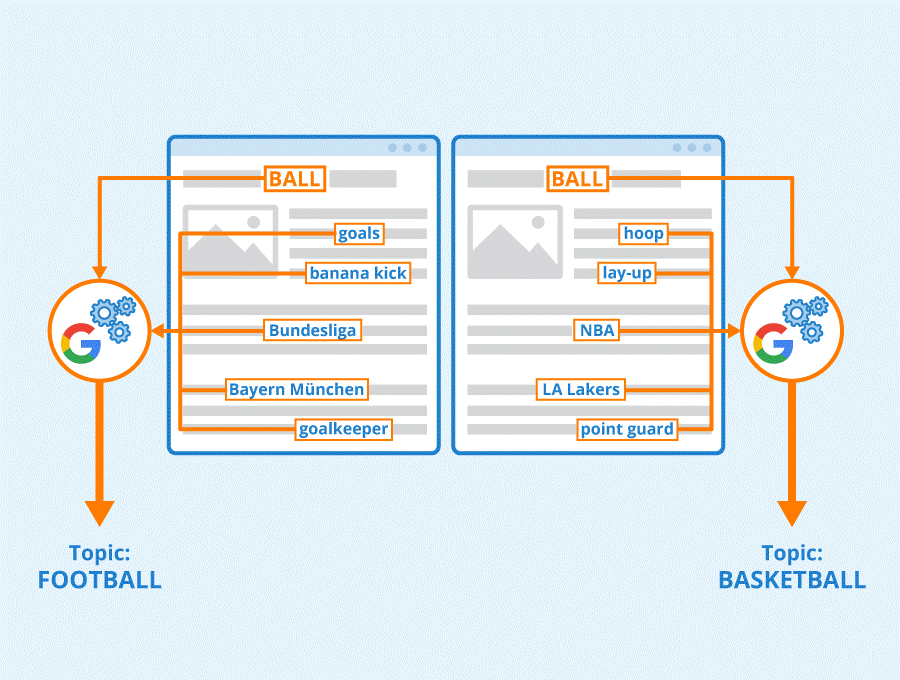
2.Natural Language Processing (NLP)
NLP is a field of AI that helps search engines understand the natural language, enabling them to interpret user queries more accurately. For instance, Google’s BERT algorithm uses NLP to understand the context of words like “to” and “for” in a sentence, which can completely change the meaning.
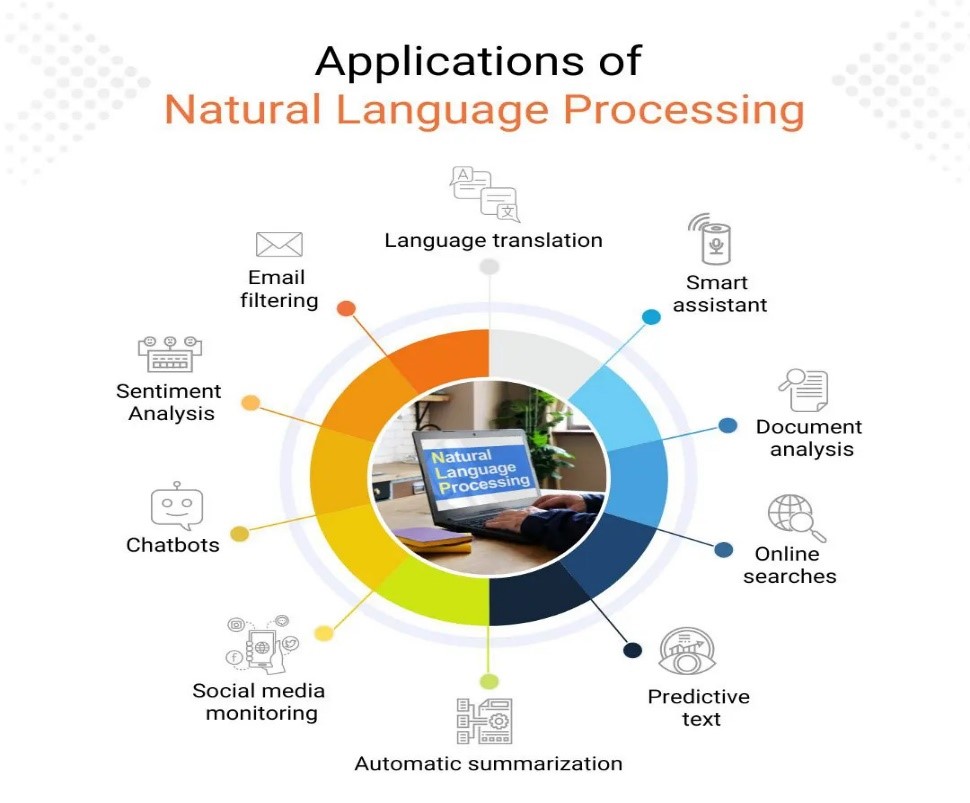
3.User Intent
Understanding the intent behind a user’s query is essential for semantic SEO. User intent can be categorized into informational, navigational, and transactional. By creating content that aligns with these intents, you can better serve your audience.
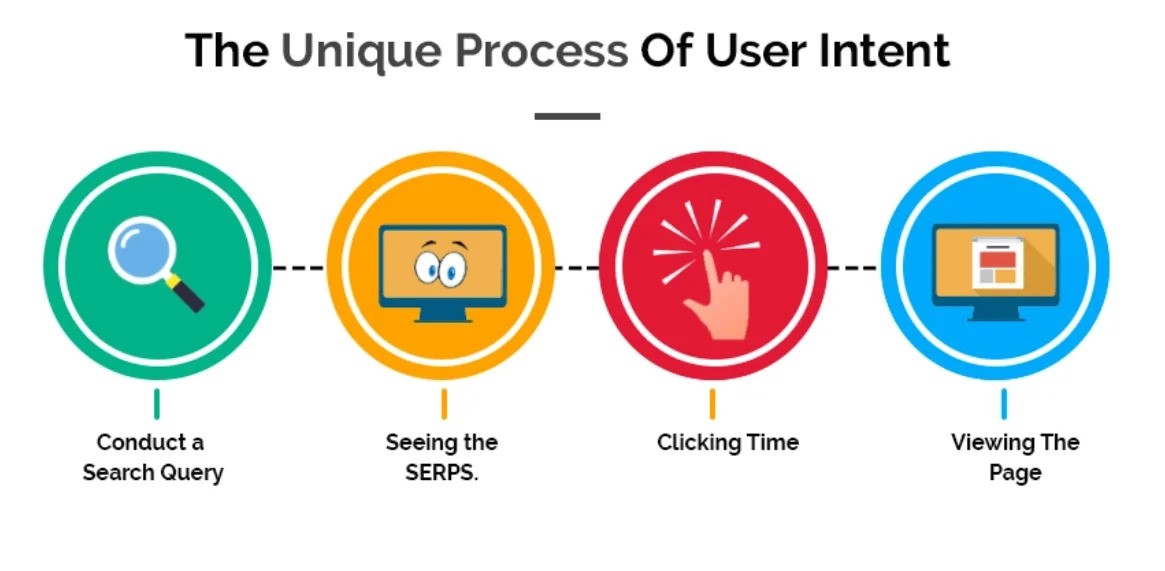
4.Structured Data and Schema Markup
Structured data markup provides search engines with more information about the content on your page. This helps them display rich snippets in search results, which can increase click-through rates.
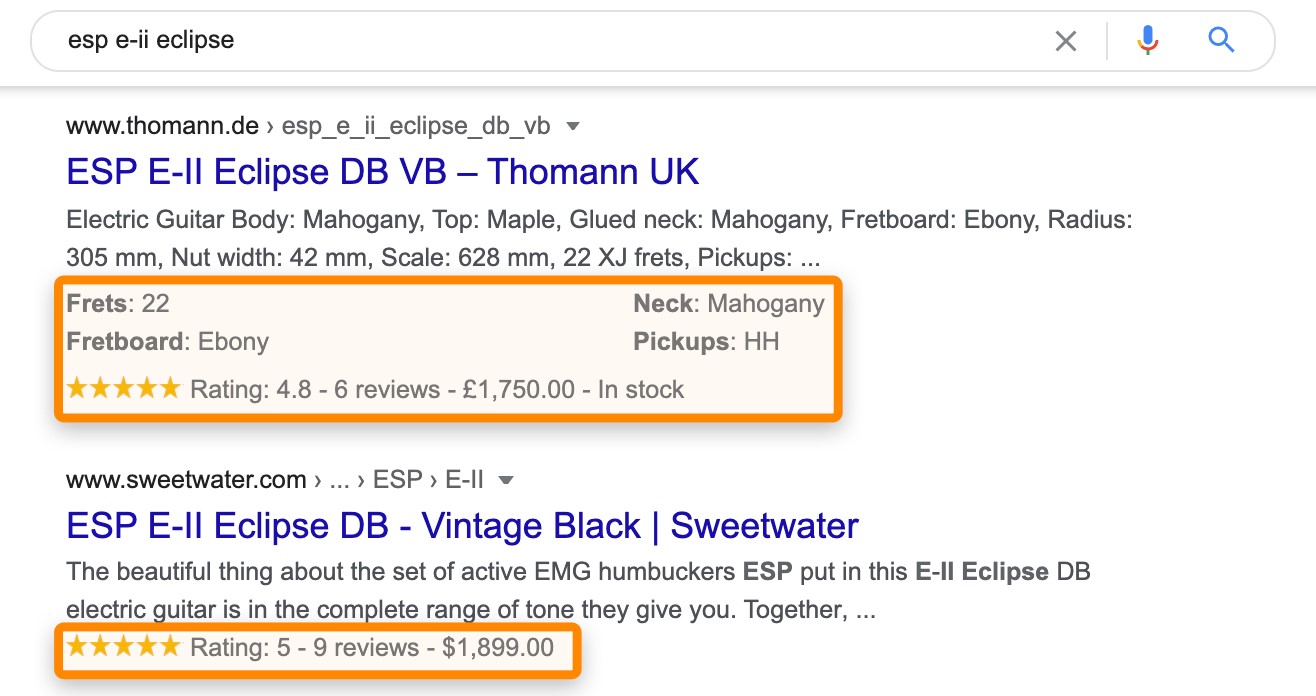
Why Semantic SEO Matters
Semantic SEO offers several benefits that can significantly improve your website’s performance:
1.Improved Search Rankings
By providing search engines with contextually relevant content, you increase your chances of ranking higher in search results. When your content aligns with user intent, search engines will recognize your page as a valuable resource.
2.Enhanced User Experience
Semantic SEO isn’t just about pleasing search engines; it’s about delivering what your audience is looking for. This, in turn, improves the user experience, encourages longer stays on your website, and reduces bounce rates.
3.Voice Search Optimization
As voice search becomes more prevalent, understanding the intent behind spoken queries is crucial. Semantic SEO ensures that your content is voice search-friendly.

4.More Accurate Analytics
With better keyword context and user intent understanding, your analytics can provide more accurate insights into user behavior, allowing you to refine your content and marketing strategies.
How to Implement Semantic SEO
Now that we understand the importance of semantic SEO, let’s explore how to implement it effectively.
1.Content Strategy
Your content should be created with a deep understanding of your target audience’s needs. This involves comprehensive research on what they’re searching for, their pain points, and their language. Address their questions and provide solutions in a contextually relevant manner.
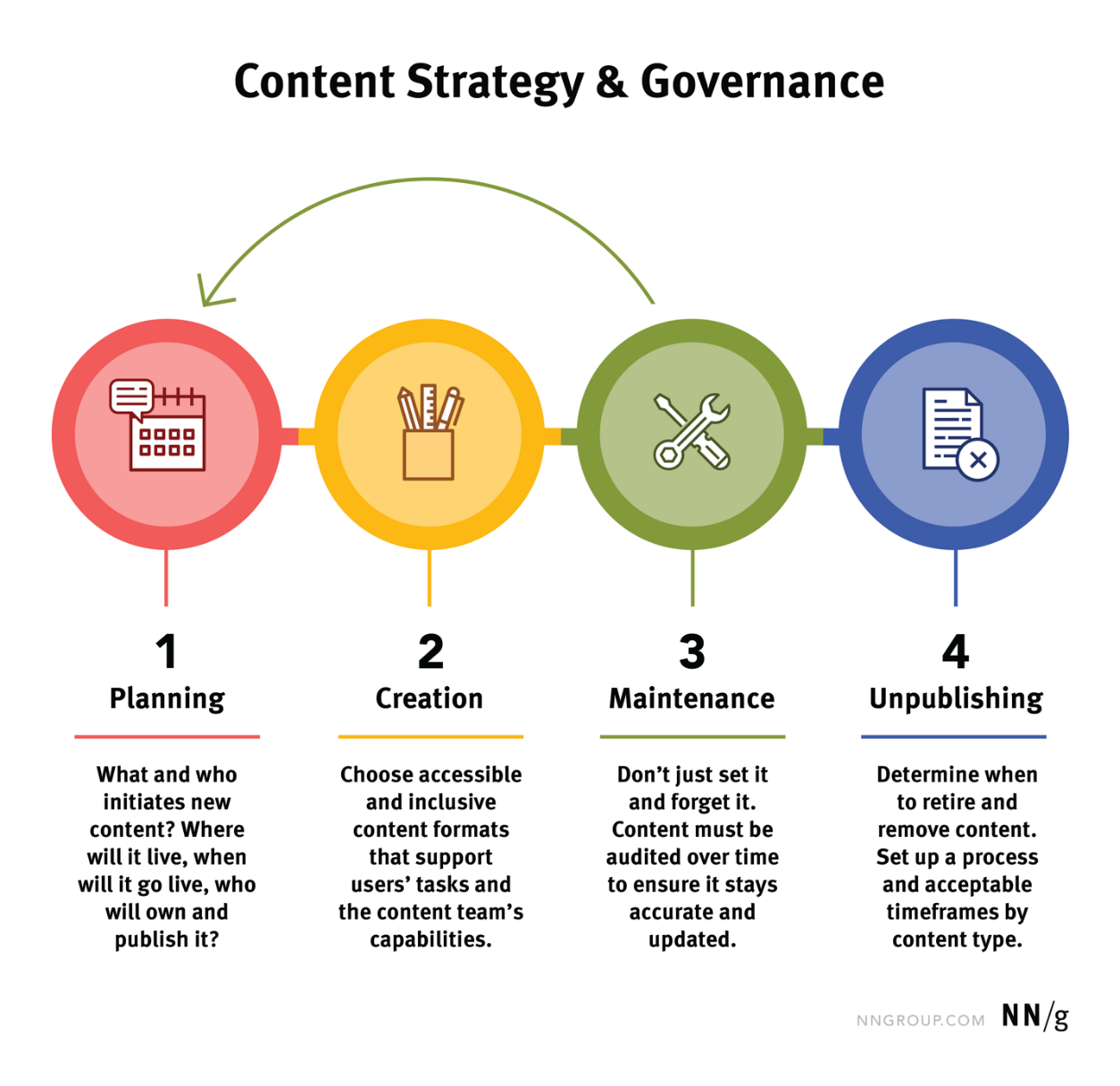
2.Use LSI Keywords
Incorporate LSI keywords naturally within your content. Tools like LSIGraph and SEMrush can help you identify these keywords. However, avoid keyword stuffing; the goal is to provide context, not to overoptimize.
3.Optimize for Mobile
With the increasing use of mobile devices, ensure that your website and content are mobile-friendly. This is crucial for voice search and on-the-go users.

4.Structured Data
Implement structured data using Schema.org markup to provide search engines with additional information about your content. This can result in rich snippets in search results, increasing visibility and credibility.
5.Monitor and Adapt
Regularly monitor your website’s performance using tools like Google Analytics and Search Console. Pay attention to user engagement metrics, and adapt your content and strategies as needed.
Case Study: The Impact of Semantic SEO
Let’s take a look at a hypothetical case study to see how semantic SEO can make a difference.
Case Study: XYZ Health Blog
XYZ Health Blog, a website focusing on health and wellness, decided to implement semantic SEO strategies. They optimized their content by including LSI keywords, addressing user intent, and using structured data markup. Over six months, they saw the following results:
Improved Rankings: Their articles began to rank higher in search results, with a 15% increase in average position.
Increased Traffic: Organic traffic increased by 30%.
Lower Bounce Rates: Bounce rates decreased by 20% as users found the content more relevant.
Higher Engagement: Users spent 25% more time on their website.
Conclusion
Semantic SEO is the future of search engine optimization. By moving beyond keywords and focusing on the context and intent behind those keywords, you can create content that is more relevant, engaging, and valuable to your audience. This not only improves your search engine rankings but also enhances the user experience and drives more traffic to your website. In a world where search engines are becoming smarter, embracing semantic SEO is a strategic move that can set you apart from the competition.
It’s time to adapt to the changing landscape of SEO, and semantic SEO is the key to staying at the forefront of search engine rankings and user satisfaction









